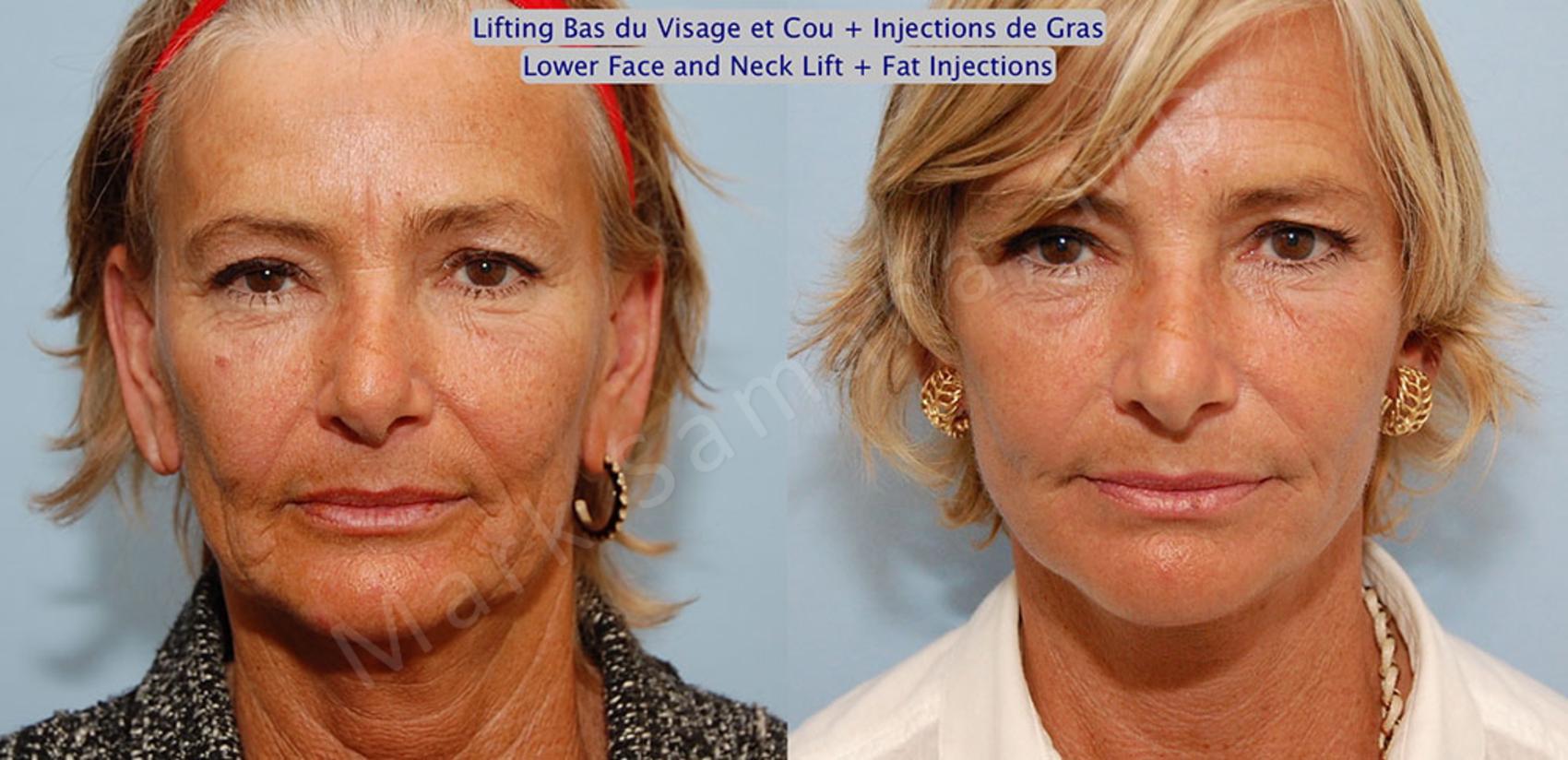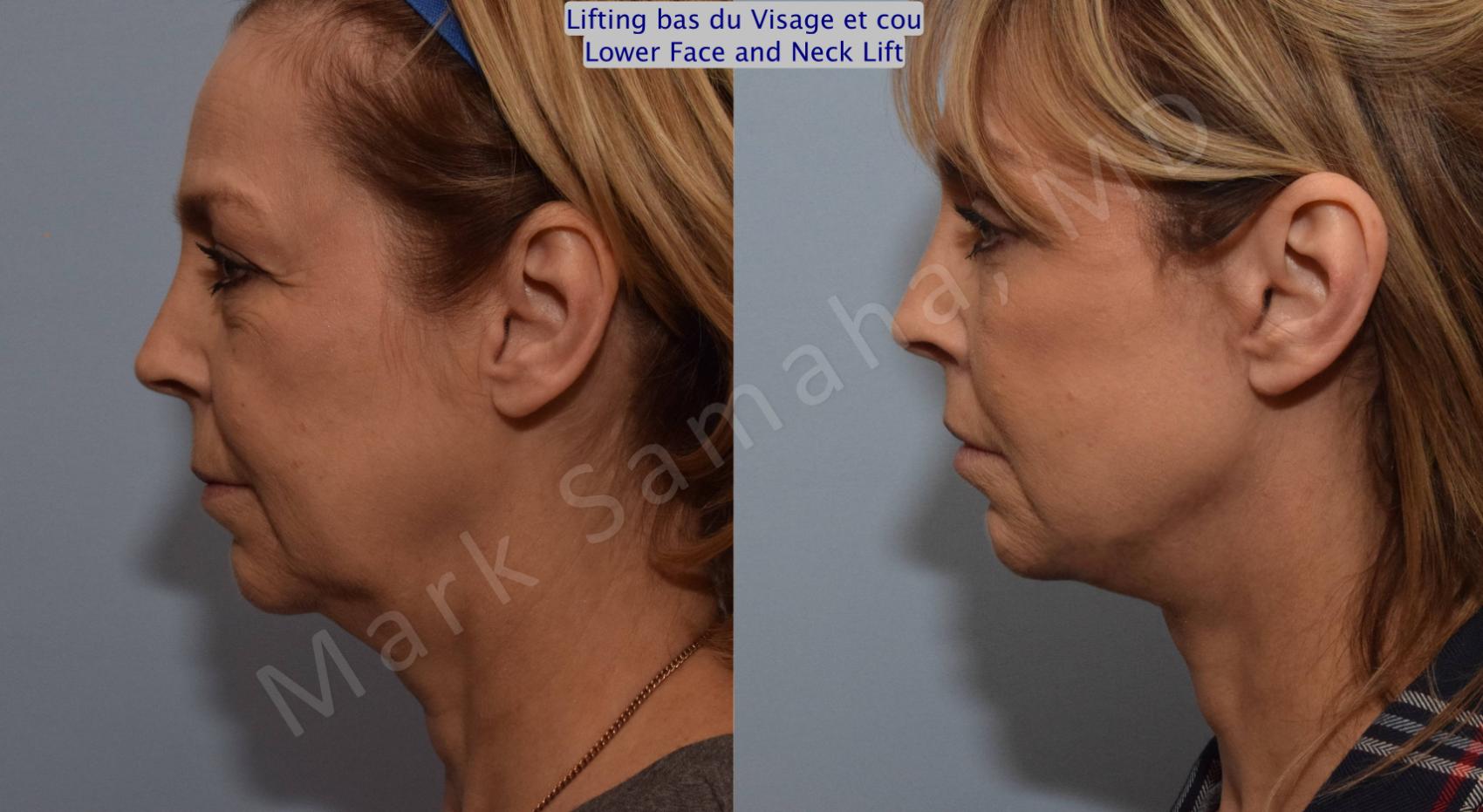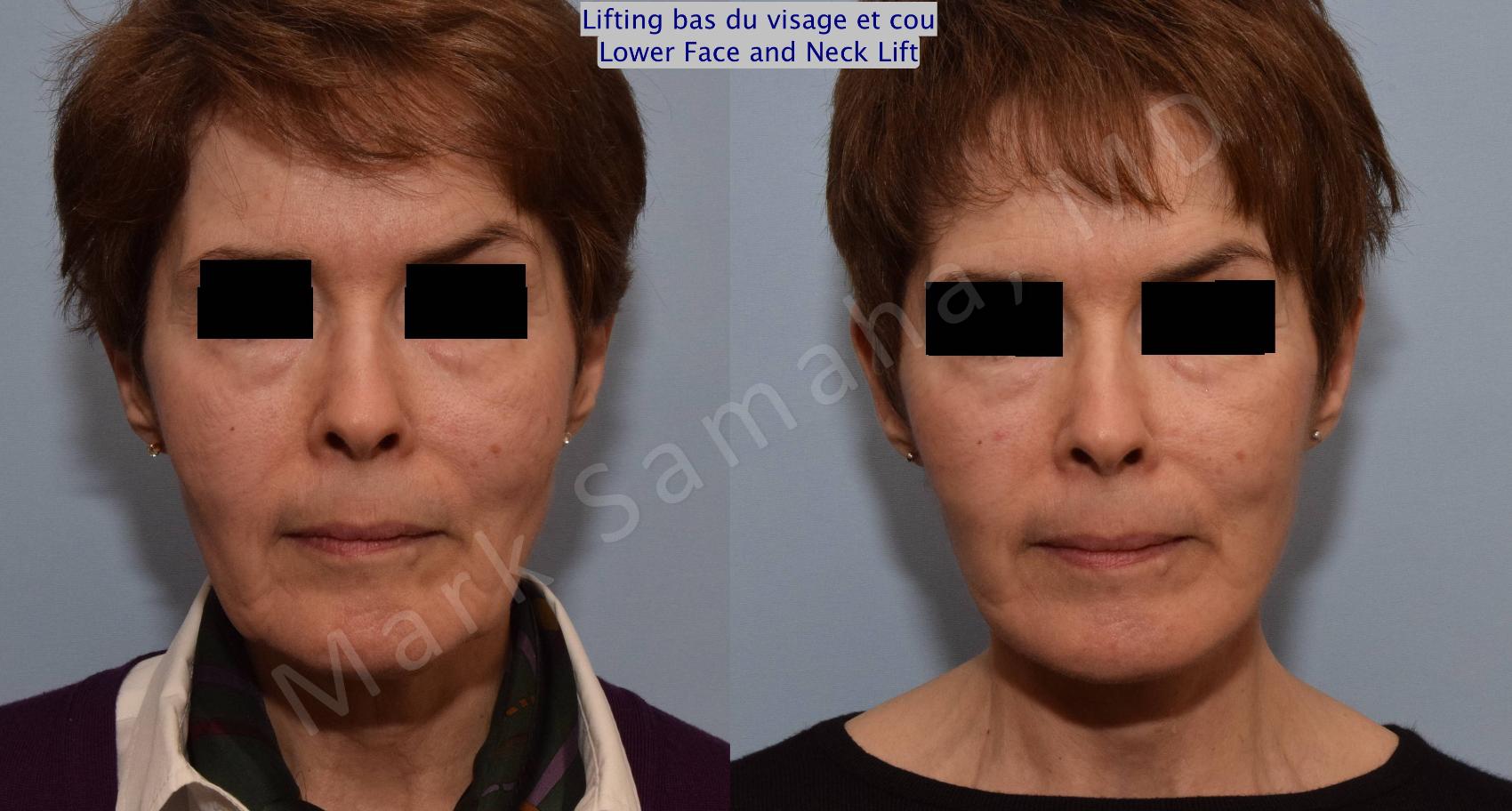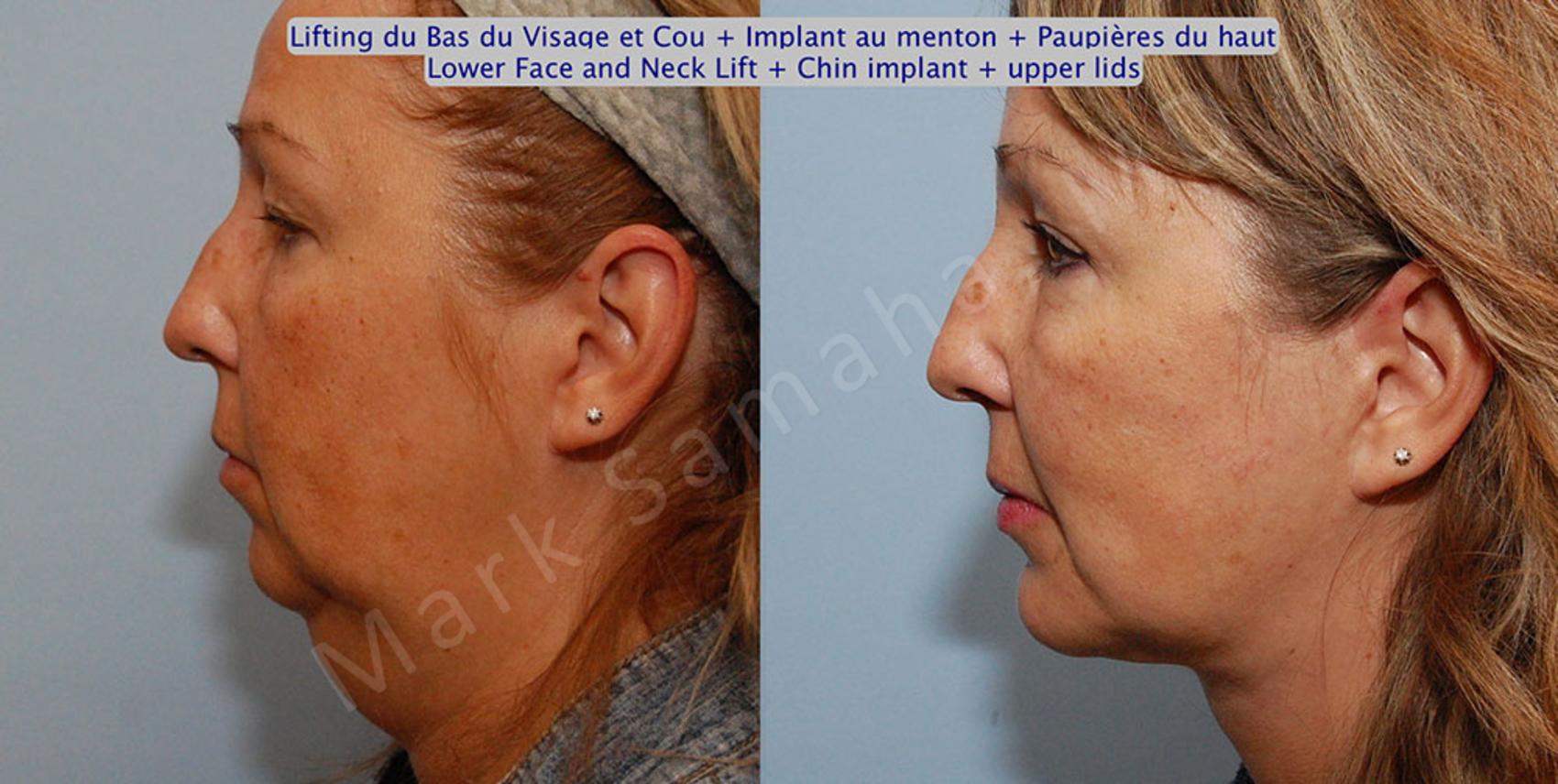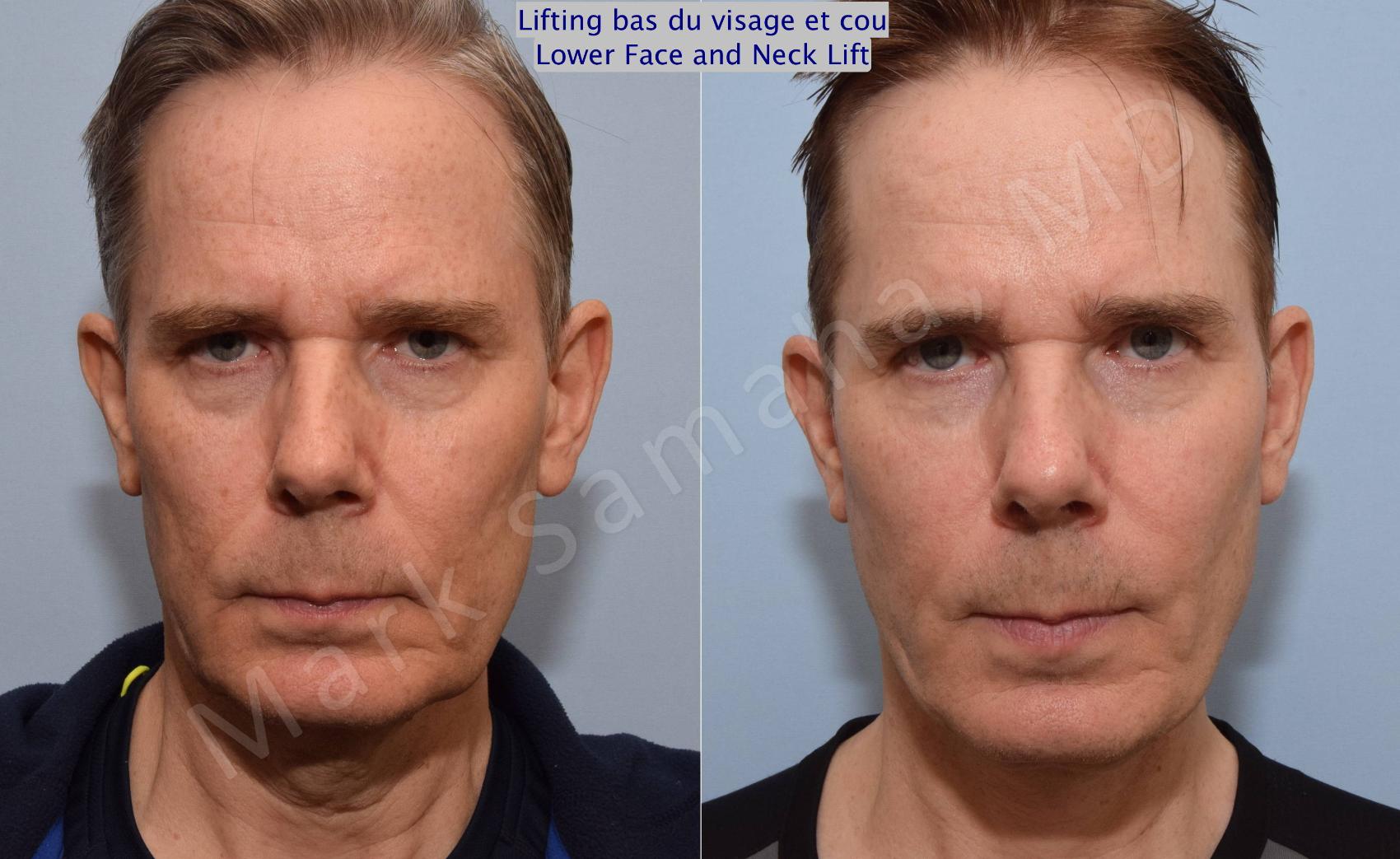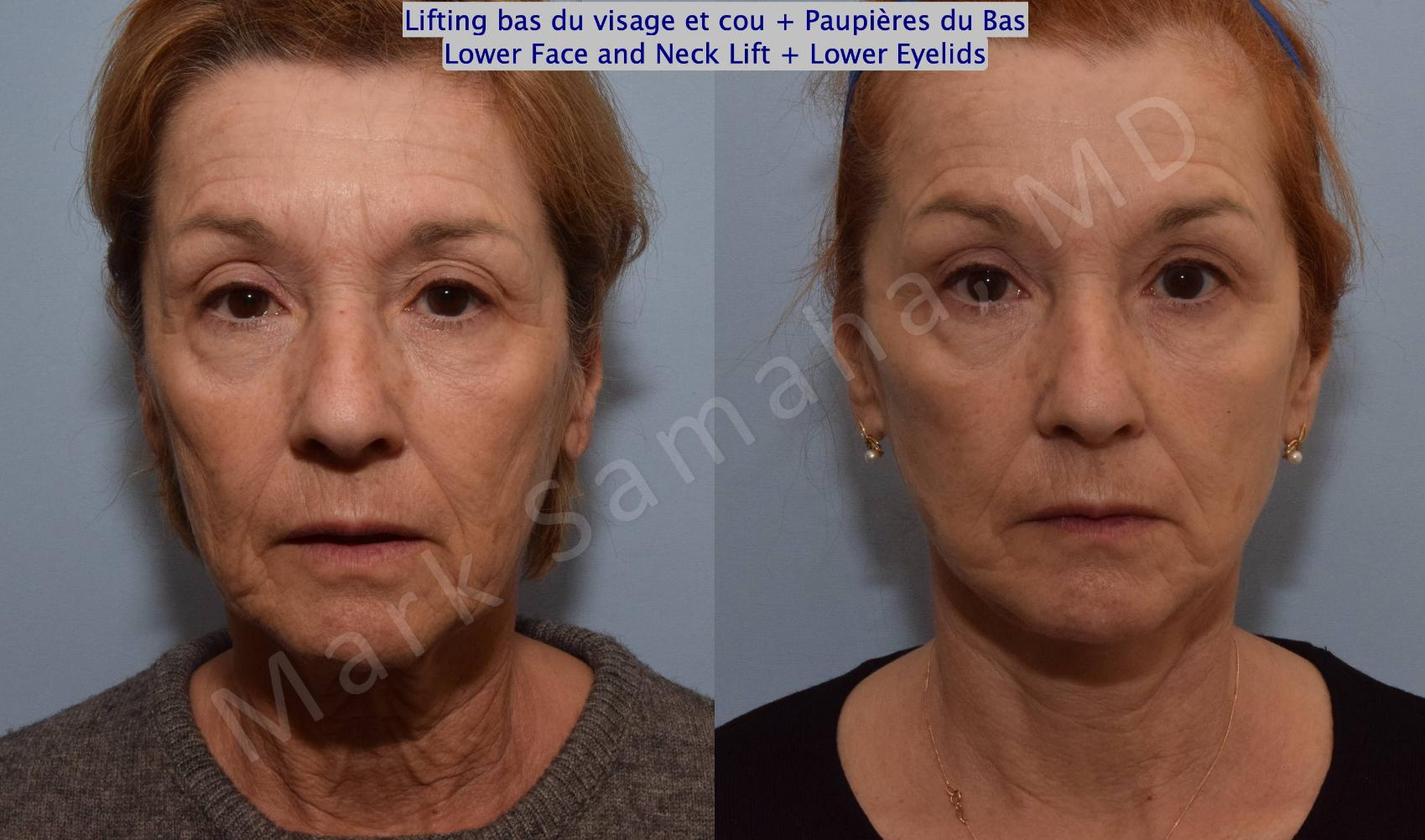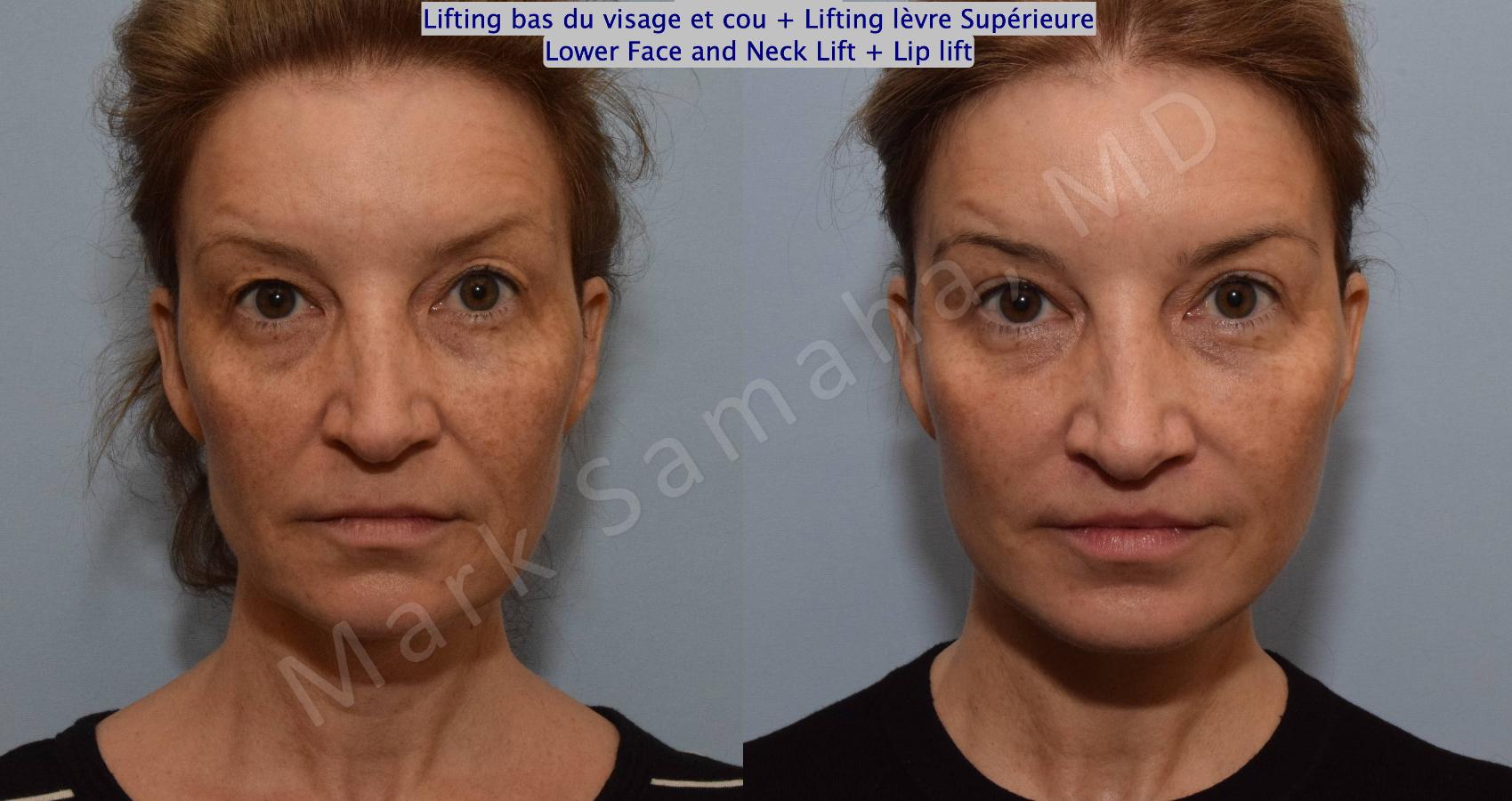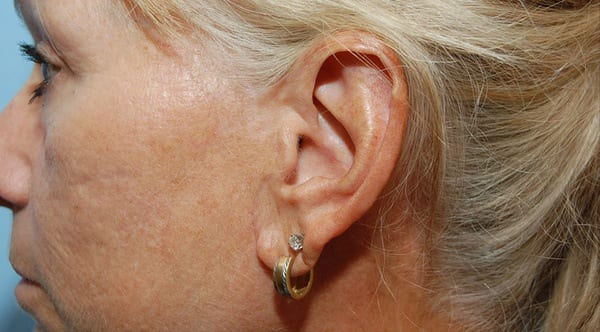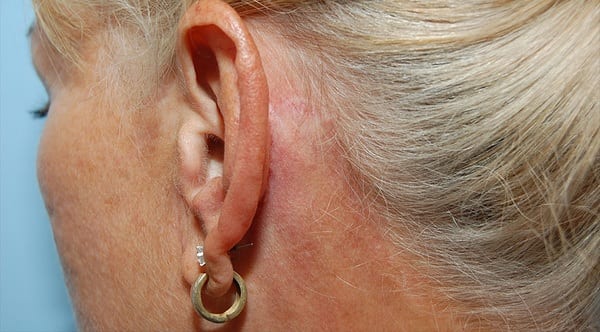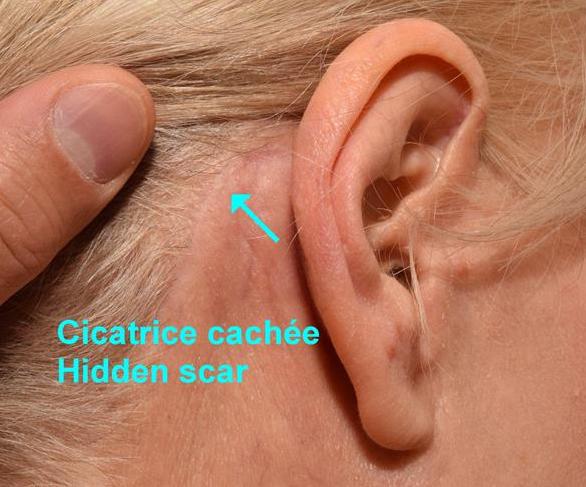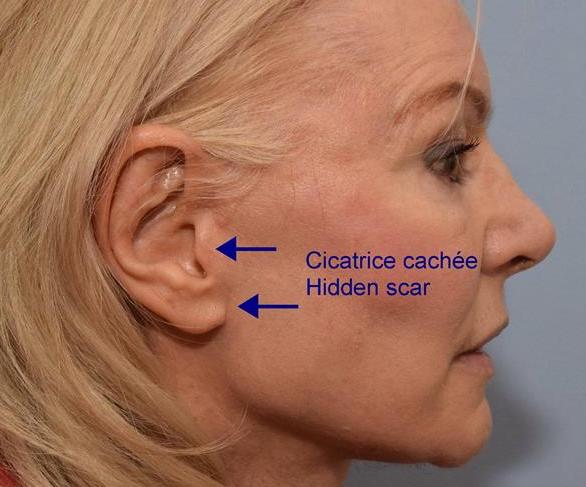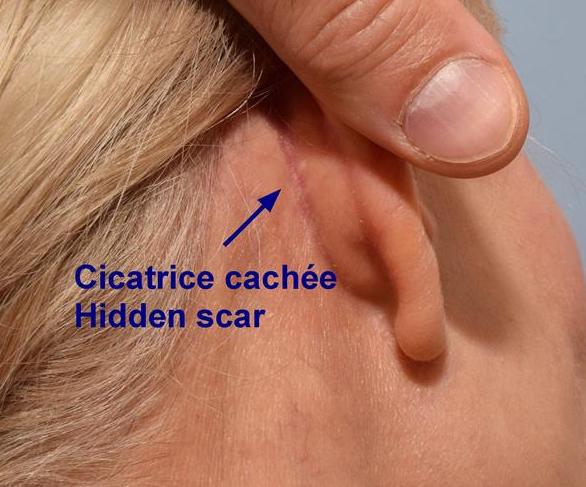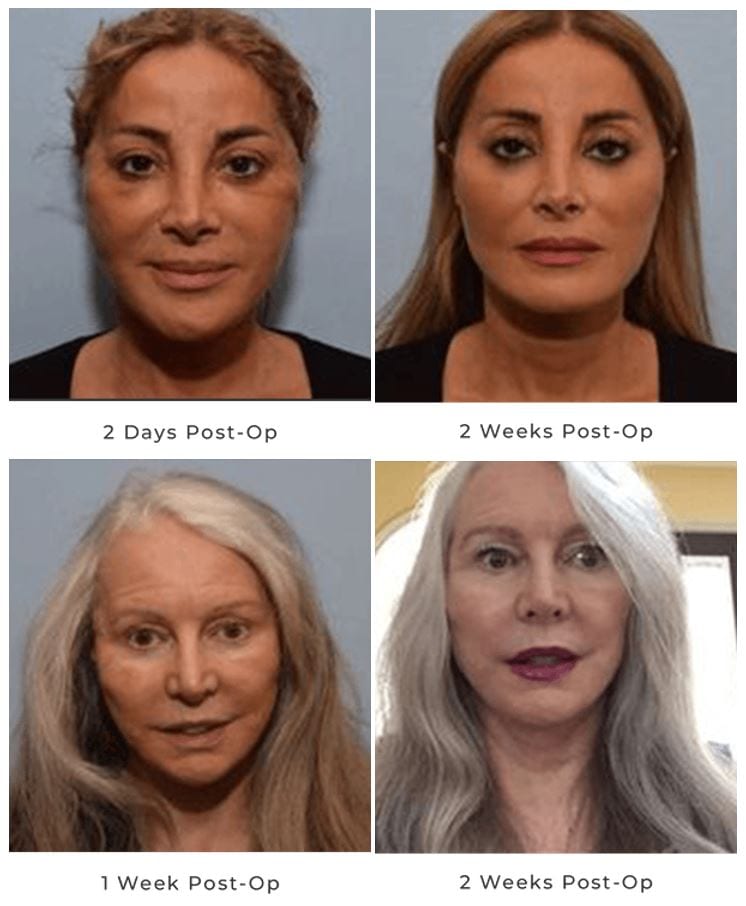Frequently Asked Questions
How old do I need to be to have facelift surgery?
There is no minimum or maximum age. Some patients who are in their 70s and 80s, and healthy are perfectly suitable candidates for facelift surgery. Conversely, the current trend indicates that patients are interested in starting treatment earlier to maintain a youthful glow. As a result, patients are now having facelift surgery at an increasingly younger age, even in their 40s. The procedure in these younger patients is frequently less extensive and shorter than in an older person who requires more lifting.
How much younger will I look after facelift surgery?
Expect to look approximately 10 to 15 years younger after your recovery is complete. Following a healthy lifestyle and limiting exposure to the sun help patients continue to look younger than their actual age, although the aging process will continue.
What are the restrictions after facelift surgery?
The main restriction is the avoidance of strenuous activity, which includes vigorous exercise and heavy lifting, for about 14 days. Other maneuvers that increase the pressure in the head are also to be avoided. These include straining and bending forward. Otherwise, patients may carry out usual activities.
How long is recovery after a facelift?
At 2 weeks following surgery, swelling and bruising have usually subsided enough that the majority of patients are comfortable returning to daily activities.
How much pain will I experience after facelift surgery?
Facelift surgery is not a painful procedure. Although there may be a feeling of tightness for the first week, which is normal and expected, pain is extremely rare. Of course, Dr. Samaha prescribes pain medication to use as needed after surgery. However, it is extremely rare that a patient will report having needed it.
Is there bruising after facelift surgery?
Most facelift surgeries are associated with some bruising. The degree of bruising depends on the surgical technique and the patient’s own tendency to bruise. The bruising will gradually fade in appearance and move in the direction of gravity. It is therefore expected that the discoloration from bruising will gradually diminish and migrate down the face in the first few days following surgery. Dr. Samaha uses advanced, minimally invasive techniques to minimize bruising and swelling after surgery. Patients who have a natural tendency to bruise easily will experience slightly more bruising in the initial recovery period.
Will I still look natural after a facelift?
Dr. Samaha is known for providing natural-looking facelift results. He uses meticulous techniques that conceal and minimize scarring and avoid making the face look tight or stretched.
How long do facelift results last?
While experiences vary, most patients report feeling that a facelift rejuvenated their face and neck by about 10 to 12 years. A facelift will not, however, stop the aging process, but the benefit gained from the surgery usually remains. If a patient looks 10 years younger as a result of the surgery, this rejuvenation will usually remain, such that they will continue to look younger than their real age as the years continue to pass. The patient may wish to undergo another procedure years later to regain a more youthful appearance.

